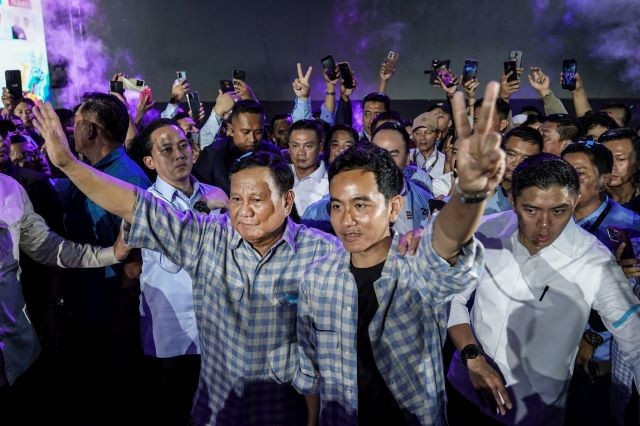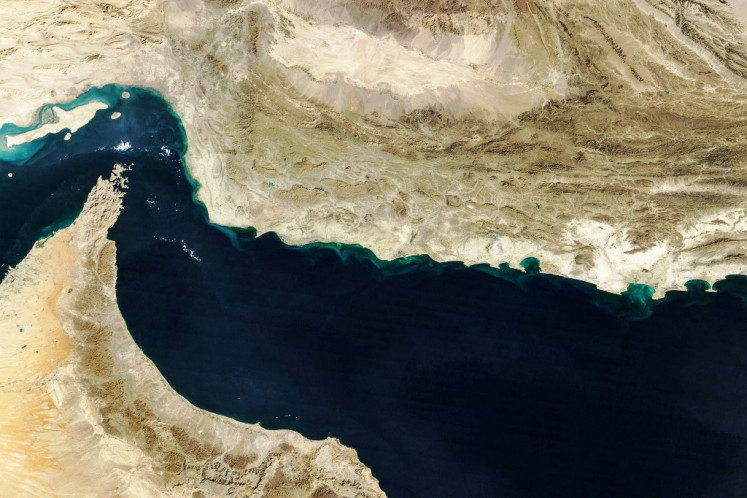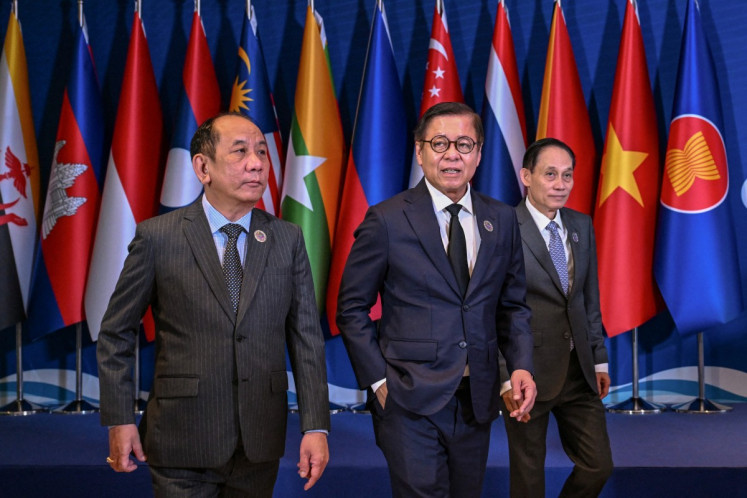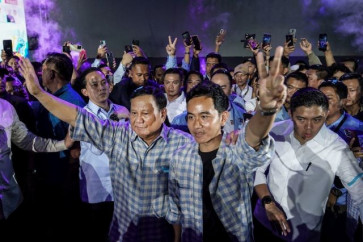Popular Reads
Top Results
Can't find what you're looking for?
View all search resultsPopular Reads
Top Results
Can't find what you're looking for?
View all search resultsAnalysis: Peaceful elections, high voter turnouts no guarantee of Indonesian democracy
Change text size
Gift Premium Articles
to Anyone
I
ndonesia in 2024 held a series of elections that went off relatively peacefully and saw large voter turnout to give popular legitimacy to those in power today, yet the country saw its ranking in the global democracy index decline last year.
Indonesia fell three positions to 59th out of 167 countries surveyed in 2024 by the Economic Intelligence Unit (EIU) which runs the annual index. Among what the report defined as “flawed democracies”, within Southeast Asian nations Indonesia is behind Malaysia (44th), Timor-Leste (46th) and the Philippines (51st), but ahead of Thailand (63rd) and Singapore (68th). Norway and New Zealand top the list, Myanmar and Afghanistan are at the bottom.
Indonesia, which often bills itself as the world’s third-largest democracy, can take consolation that the United States and France fell into the same category of flawed democracies although they ranked higher. The EIU report said that despite a record election year in 2024, with more than half of the global population going to the polls, the overall index recorded a democratic decline, falling to its lowest since the index began in 2016.
That Indonesia’s democracy has been backsliding in the last 10 years has already been widely recognized in spite of the five-yearly general elections. The EIU study, which breaks the scoring into four components, spells out where Indonesia is going wrong.
From a possible maximum score of 10 for each of the four components that define the trends in democracy, Indonesia scores lowest in political culture (5) and civil liberty (5.29) but highest in functioning government (6.79) and political participation (7.22).
Indonesia is a classic example of what an illiberal democracy looks like, an electoral democracy without the various freedoms and culture of an open society to support and ensure its sustainability. Going by the EIU democracy index, Indonesia had seen better days. In 2014, it ranked 44th, ahead of all its Southeast Asian neighbors except Timor-Leste.
Responding to the EIU report, Human Rights Minister Natalius Pigai said the declining state of democracy reflected the performance of the government of Joko “Jokowi” Widodo, who was in office in 2014-2024, and cannot be attributed to President Prabowo Subianto, who took charge only in October.



















